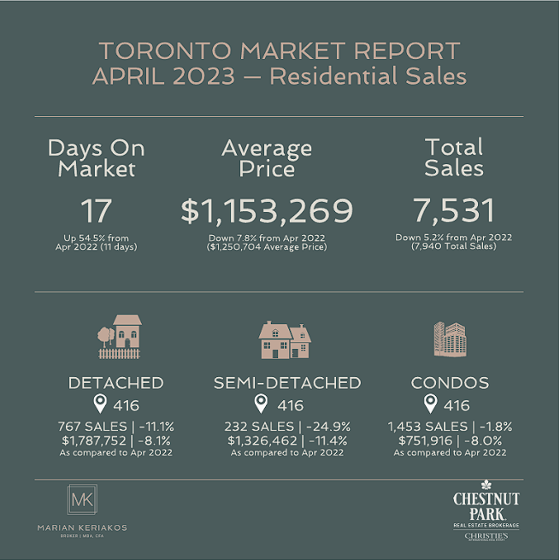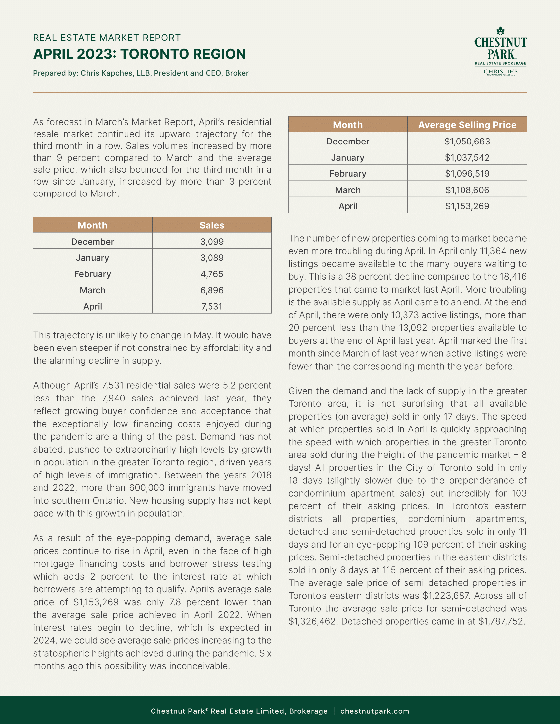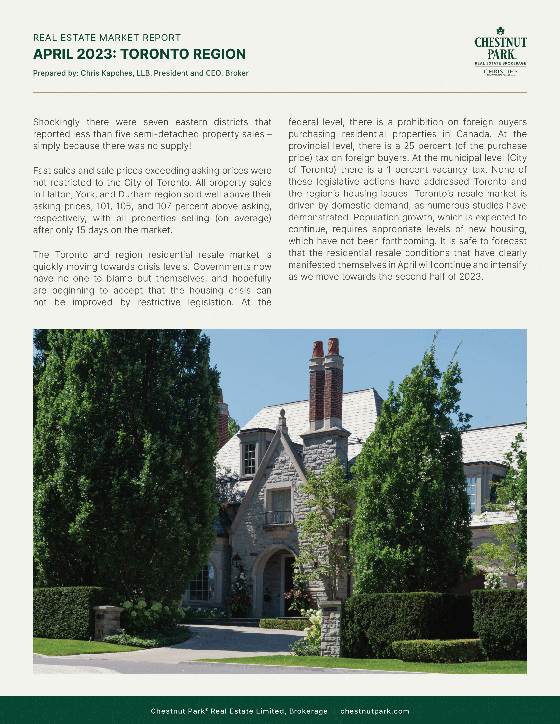Selling your home quickly and at the right price takes more than just listing it online. To draw in potential buyers and secure top offers, your home needs to stand out. That’s where home staging comes in. By strategically preparing your home—through redecorating, repairing, and making it look its best—you can make a lasting impression and significantly increase its appeal.
The numbers speak for themselves: according to the U.S.-based National Association of Realtors, 81% of buyers’ agents report that staging makes it easier for potential buyers to envision themselves living in a home. Moreover, 44% of buyers’ and sellers’ agents say that staging can increase a home’s sales price, and 48% of sellers' agents agree it shortens the time a house spends on the market.1
You can choose to stage your home yourself with advice from your real estate agent or work with a professional stager. Whichever route you take, here are seven essential strategies to transform your home into a buyer’s dream.
Step #1: Declutter and Depersonalize
The first step in staging is to declutter and depersonalize your home. A recent survey of real estate agents found that this simple step can increase your home’s sale price by 3-5%.2
This creates a clean, neutral canvas where potential buyers can imagine their own lives. Remember that staging isn’t interior design—the goal isn’t to add personal, homey touches but to take them away.3 While you may love having plenty of comfy furniture, family photos, and unique knick-knacks, these items can distract potential sellers and make your home feel smaller.4 Be especially mindful to remove children’s toys and pet items.
The task can feel overwhelming, but consider it a head start on packing for your move — and an opportunity to clear out things you no longer need. If you have a lot of belongings, renting a storage unit might be a smart way to keep things tidy while your home is on the market.
Step # 2: Deep Clean and Repair
A sparkling clean home leaves a fantastic first impression. Deep clean every room, paying special attention to areas that are often overlooked, like baseboards, windows, and appliances. Even minor smudges, scrapes, or signs of pet hair can put off some buyers. Your goal? Make it look like no one has ever lived there!5
Minor repairs are equally important. Fix slight imperfections like chipped paint, regrouting tiles, and replacing worn hardware. These easy cosmetic updates make a big difference in how buyers perceive your home’s value. For example, replacing your floors can offer a return on investment of 100-150%.6
Need help getting your home spic-and-span? Let me recommend a professional who can help.
Step #3: Pick Up a Paintbrush
While buyers may repaint after they move in, the colour and condition of your walls still have a big impact on their impression of the home as a whole. Neutral tones like beiges and off-whites appeal to the widest range of buyers—and to the friends and relatives who are also weighing on purchasing decisions.7
If your home features bold colours or striking wallpaper, consider a repaint before you list. When choosing paint colours, make sure to think about how they’ll appear in listing photos and videos. Light, neutral shades can make rooms look brighter and more spacious.
Repainting is especially important in high-traffic areas like the kitchen. Painting outdated cabinets in white or a soft gray can also modernize your space.8
Step #4: Enhance Curb Appeal
First impressions matter, and your home's exterior is the first thing buyers will see. That’s why most real estate agents urge sellers to clean up their home’s exterior — and why curb appeal can drive up to 7% of a home’s sale price.9
Boost your home’s curb appeal by power-washing the exterior and touching up your deck’s varnish.5 If your exterior paint is faded or chipped, consider hiring painters — or for a smaller project, repaint your front door and freshen up first impressions with new hardware and hanging plants.10
And don’t forget landscaping! Keep your lawn tidy, remove dead or dying plants, and consider adding seasonal flowers. Even standard lawn service can lead to a 217% return on investment.11 If you need assistance, I'm happy to offer a referral to landscapers in our area.
Step #5: Stage Key Rooms
When staging, concentrate on the rooms that matter most to buyers: the living room, primary bedroom, and kitchen. These spaces have the greatest influence on a buyer’s decision.1
If you’re working with a professional stager, they may bring in furniture and decor.3 If not, make the most of what you have, and don’t worry about how you’d arrange furniture in real life. This is just about showing off the space.
Arrange furniture to create an open, inviting flow.5 Use large rugs to make rooms appear bigger and ensure artwork complements rather than overwhelms the space.9 Add pops of colour with fresh flowers or simple decor like pillows to bring warmth without personalizing the space too much.
Step #6: Put Your Home in Its Best Light
Lighting is key to creating a welcoming atmosphere in your home. Natural light in particular makes any room feel more airy and spacious, so it’s essential to make the most of it.
First, remove heavy curtains or blinds — if a room feels bare without a window treatment, hang sheer curtains or light-filtering shades to invite the outdoors in. Next, take a look at the landscaping surrounding your home. If overgrown hedges or trees block windows, especially on the ground floor, consider cutting them back or removing them entirely to let in the sunshine.
Of course, homes need more than just natural light — and it’s important to use a combination of types of lighting to suit different uses and moods. Experts recommend that each room have three light sources: ambient lighting (think ceiling lights or chandeliers), task lighting (like lamps or under-cabinet lights), and accent lights (like track lighting and picture lights).13 If needed, replace outdated fixtures with more modern options.14 Even swapping out lightbulbs can make a difference—opt for warm, 2700k bulbs to create an inviting glow.7
Have hard-to-reach windows or need help installing new lighting fixtures? I'm happy to refer a professional who can help.
Step #7: Show Off Your Work with Photography
These days, most buyers will first see your home online, making high-quality photos essential. According to the U.S.-based National Association of Realtors, 89% of agents agree that professional photos are critical to marketing a listing.1
Depending on your home and market, you may also benefit from marketing your property with videos, virtual tours, and even virtual staging, where photo editors swap out furniture and colours to show how your home would look with different decor.
Talk to your agent about what makes sense for your situation, and work with them to hire professionals who can capture your staged home in its best light. When it comes time, treat the photo shoot like an open house—everything should be spotless, well-lit, and arranged to show off your home’s best features.
BOTTOMLINE
Whether or not staging is worth the investment depends on your home’s condition, your desired sale timeline, and your local market. Before committing to professional help or cosmetic upgrades, reach out for a free consultation. I can help you assess the best path forward and connect you with the best professionals to make it happen.
The above references an opinion and is for informational purposes only. It is not intended to be financial, legal, or tax advice. Consult the appropriate professionals for advice regarding your individual needs.
References:
- National Association of Realtors - https://www.nar.realtor/sites/default/files/documents/2023-profile-of-home-staging-03-30-2023.pdf
- Homelight - https://www.homelight.com/blog/how-to-clean-out-a-house-to-sell/
- National Association of Realtors - https://www.nar.realtor/blogs/styled-staged-sold/6-things-home-stagers-wish-real-estate-pros-knew-about-staging
- Coldwell Banker - https://blog.coldwellbanker.com/home-staging-mistakes-to-avoid/
- Zillow - https://www.zillow.com/learn/how-to-stage-house-to-sell/
- HGTV - https://www.hgtv.ca/common-renovating-costs-flooring/
-
House Beautiful - https://www.housebeautiful.com/design-inspiration/real-estate/a61712558/how-to-make-your-house-sell-over-asking-according-to-professional-home-stagers/
-
HGTV - https://www.hgtv.com/lifestyle/real-estate/15-secrets-of-home-staging-pictures
-
Spruce Magazine - https://www.sprucemagazine.ca/the-real-deal-on-curb-appeal/
-
HGTV - https://www.hgtv.ca/landscaping-ideas-to-increase-property-value/
-
National Association of Realtors - https://cdn.nar.realtor//sites/default/files/documents/2023-03-remodeling-impact-outdoor-features-03-17-2023.pdf
-
RE/MAX - http://download.remax.ca/PR/REMAXHomeStagingGuide.pdf
-
Martha Stewart - https://www.marthastewart.com/2126982/how-to-layer-your-lighting
-
Martha Stewart - https://www.marthastewart.com/outdated-lighting-trends-8421744



















